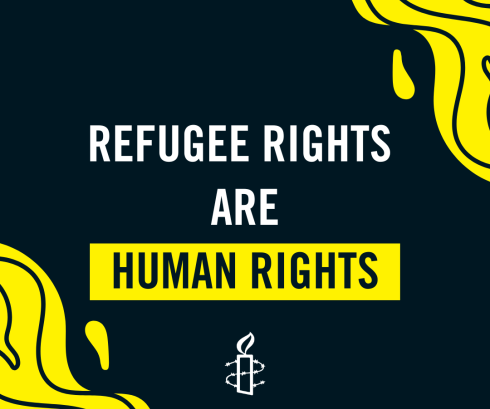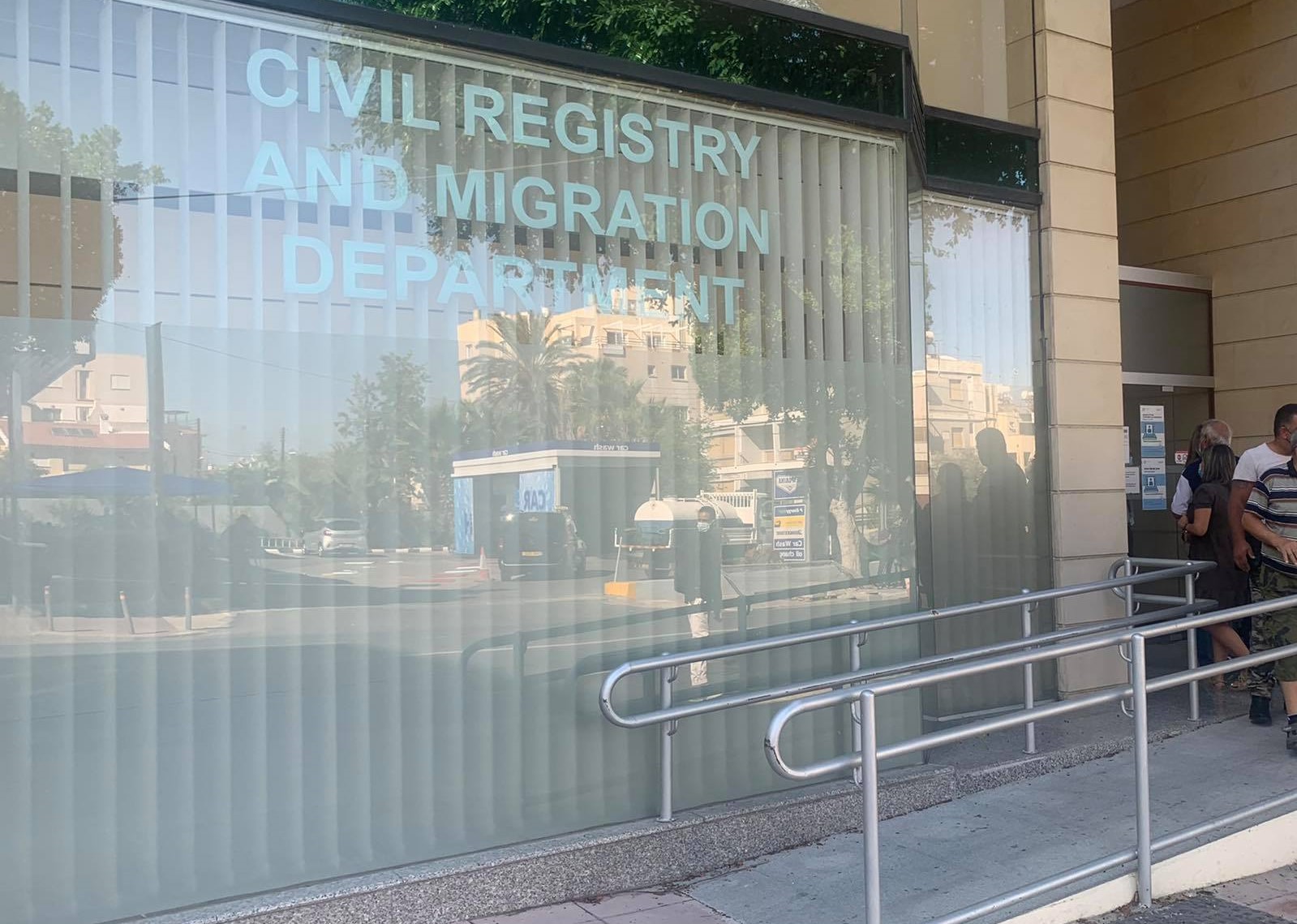The Parliament, without any consultation with stakeholders and without informing society, proceeded behind closed doors to the amendment of the Law on naturalisation, one of the most important laws for society and the country. In fact, when KISA found out that this law was being discussed in the Interior Committee, it asked the chairman of the committee to invite all stakeholders on the basis of the obligation for public consultation but he rejected the request. The proposed law was tabled by DIKO’s chairman and was passed with the votes of all parties including the far-right ELAM, with the exception of MPs A. Attalidou and H. Theopeptou.
With the amendment of the Civil Registry Law, the following main changes have been introduced:
- The period of legal residence to be eligible to apply for naturalization is changed to 7 years during the last 10 years but the period of residence with the status of asylum seeker, subsidiary protection, temporary protection and student. are not counted in the period of residence.
- The criterion of good character is defined, which includes, inter alia, that the applicant should not behave in a way that constitutes acceptance of the illegal administration in the areas not under the control of the government of the Republic of Cyprus and that he/she has not entered the Republic “illegally”
- In addition, sufficient knowledge of Greek at B1 level and sufficient knowledge of contemporary political and social realities of Cyprus as judged by a Commission of representatives of the Ministries of Interior, Justice and Education
- Obligation to have suitable accommodation and sufficient resources for oneself and members of their family, taking into account any unemployment or public assistance from the state
- For persons residing in Cyprus for the purpose of highly qualified employment in companies which are determined by a decision of the Council of Ministers, the level of knowledge of the Greek language may be A2 instead of B2 and the period of residence may be 4 or 3 instead of 7 years. They also have the right to simultaneous naturalisation of their family members, which is not the case for all others. They will also benefit from an expedited examination of their applications within 8 months. The provisions for exceptional naturalisation of investors (golden passports) under Article 111A are still in force and have not been repealed.
KISA considers that the above amendments:
- violate Cyprus’ obligations under international and EU law, including the prohibition of discrimination;
- pull the plug on the prospect of full integration of third country nationals;
- widen the gap between the rights of low-paid and high-paid migrants in the country thereby giving a class-based character to the granting of citizenship;
- affect children’s rights in violation, inter alia, of the Convention on the Rights of the Child
- harm the efforts for the reunification of the Republic of Cyprus, within the central core of which is granting of citizenship.
More specifically, these amendments effectively exclude from the possibility of naturalisation-
- recognised refugees who are normally unable to enter the country legally to apply for asylum, in violation, inter alia, of the 1951 Geneva Convention which obliges Contracting States to facilitate their naturalisation;
- persons with subsidiary protection status and students, irrespective of the length of their stay in the country and the extent of their integration;
- the children of refugees and persons enjoying subsidiary protection status who are born in the country since they will effectively remain stateless in violation of the Convention on the Rights of the Child;
- refugees and migrants in a vulnerable situation due to the need for state support, such as refugees with disabilities or without the possibility of full professional integration due to non-recognition of their professional qualifications as they will not meet the criteria of sufficient resources;
- affect the free movement of persons across the Green Line and the development of relations between third country nationals and Turkish Cypriot citizens of the Republic, deepen the separation and entrench the existence of two states as anyone crossing the line will be considered as ” of not good character”;
- create two-tier third country nationals on the basis of class criteria rather than on the basis of the extent of their integration and respective contribution to Cypriot society according to their capabilities and skills.
Finally, we stress that especially for recognised refugees and beneficiaries of subsidiary protection, their exclusion from the possibility of naturalisation leaves them no room to seek asylum in other EU countries, undermining the common European asylum policy as it will lead to secondary movements of refugees to EU countries that have favourable provisions for the naturalisation of refugees as the main durable solution for their full integration in the country of protection.
KISA Steering Committee




